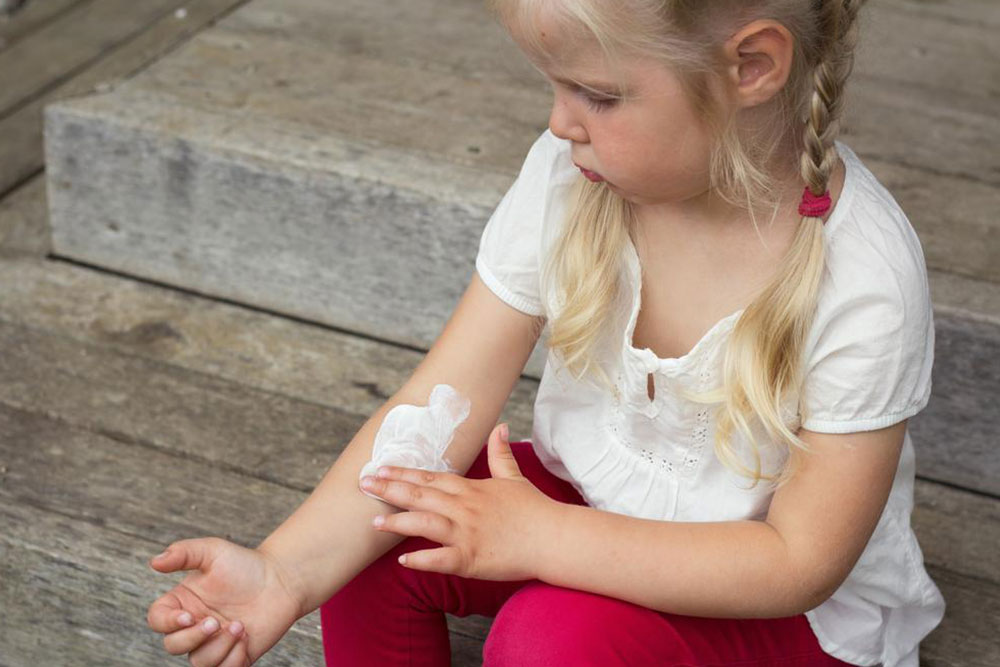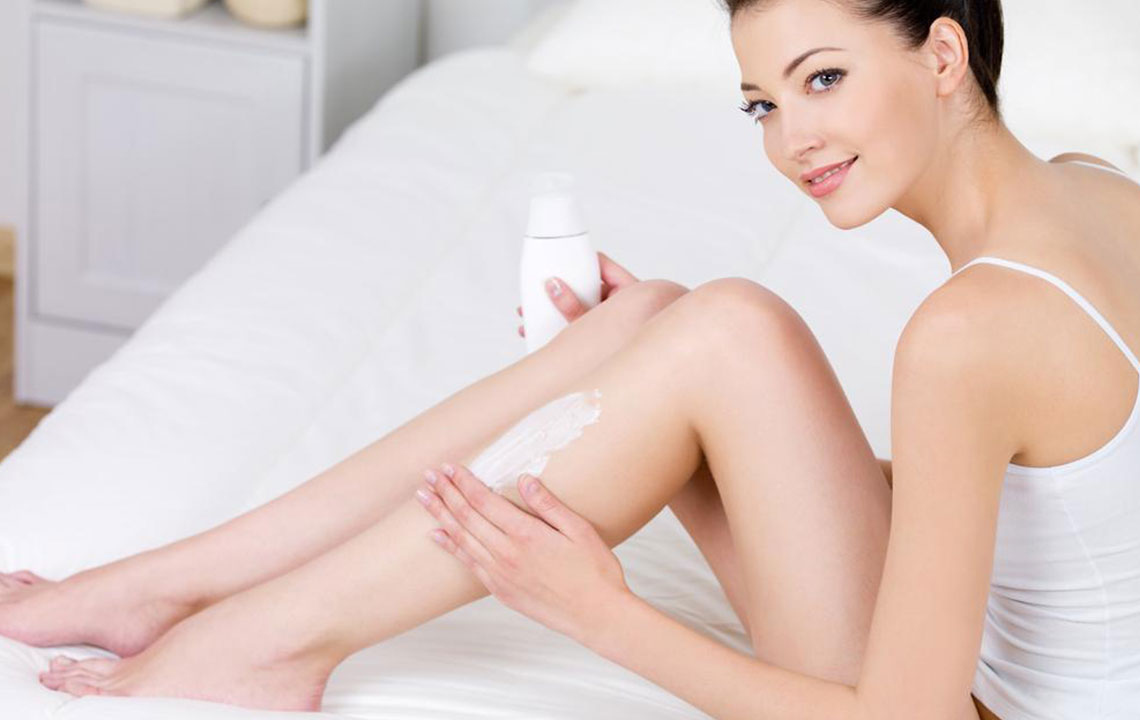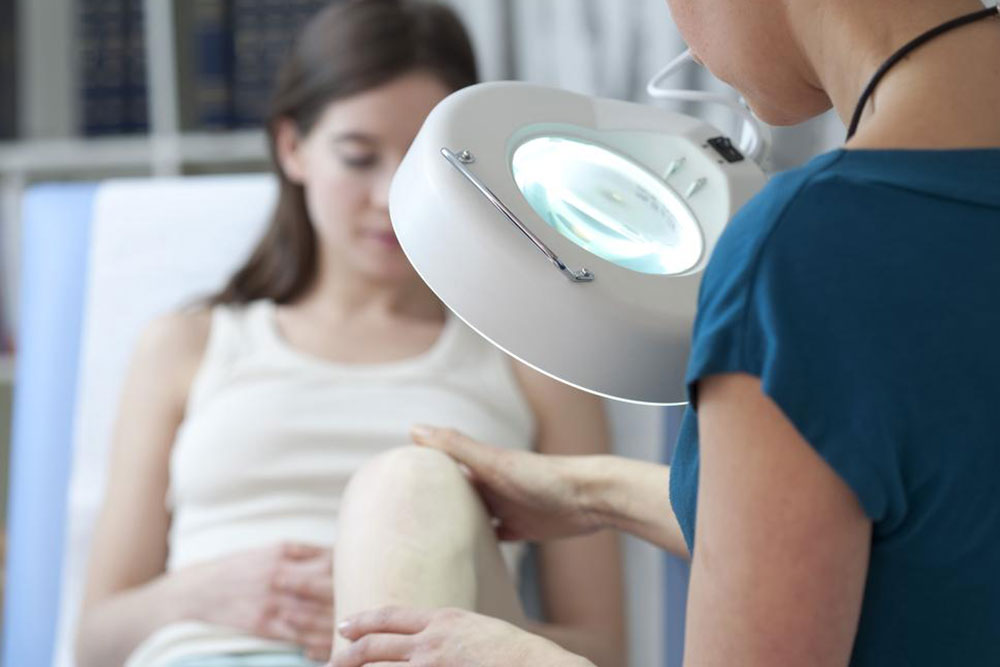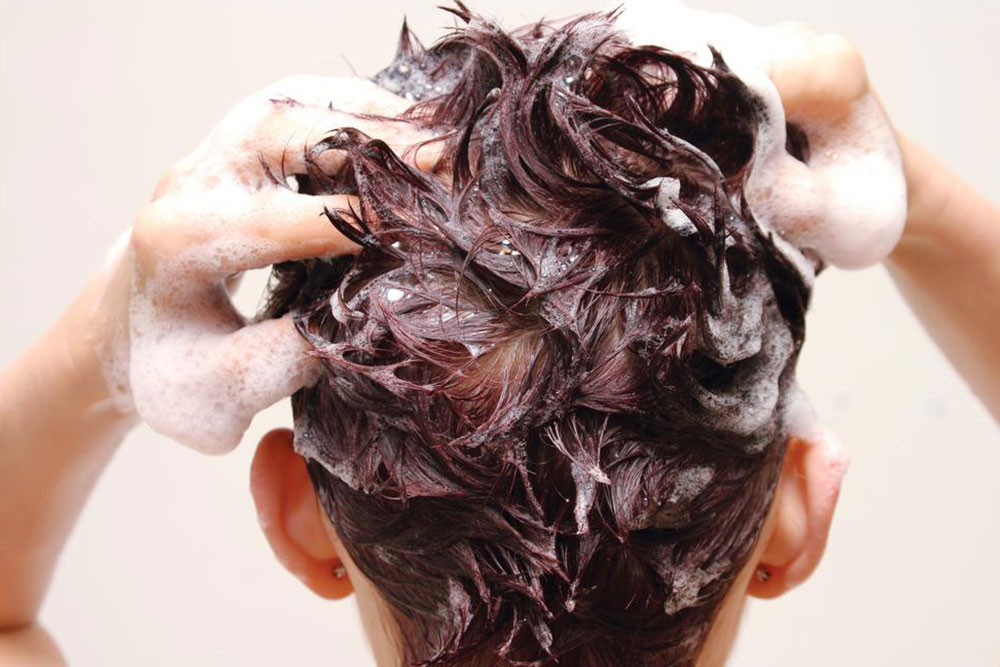Effective Strategies to Manage Atopic Dermatitis
Discover effective methods to manage atopic dermatitis through regular doctor visits, proper skincare, and lifestyle adjustments. Learn about avoiding allergens, moisturizing, and diet tips to control symptoms. This guide emphasizes proactive care for a better quality of life despite living with this chronic skin condition.
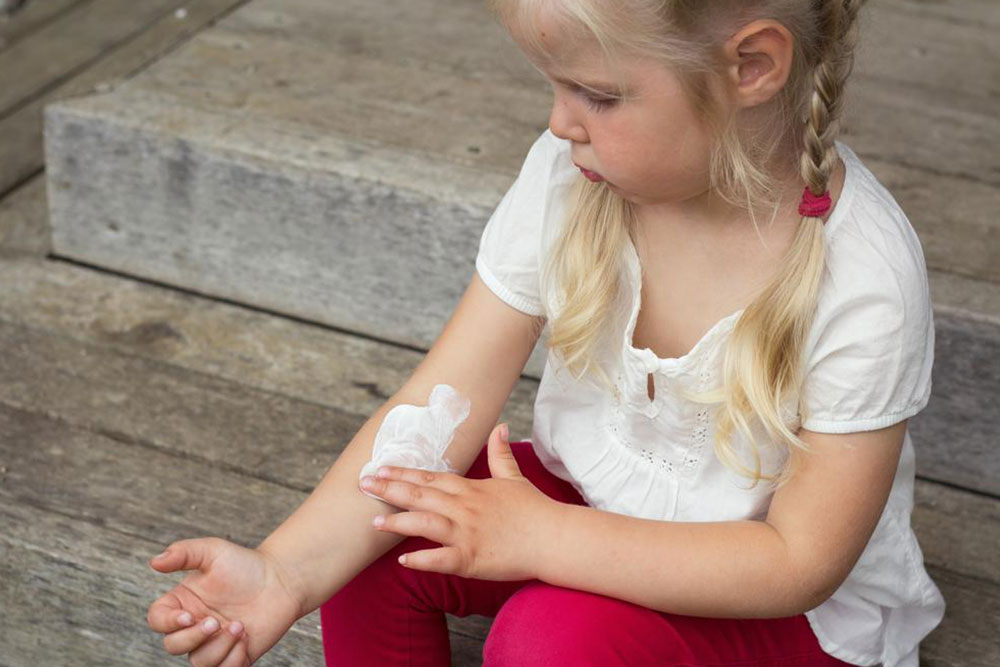
Effective Strategies to Manage Atopic Dermatitis
Atopic dermatitis is a chronic skin condition characterized by inflamed, dry, and itchy patches on the skin's surface. While a complete cure is currently unavailable, proper management can prevent symptoms from worsening and reduce the risk of secondary skin infections. This condition significantly impacts both physical appearance and mental well-being, affecting daily life.
Maintaining a good quality of life involves open communication with healthcare providers. The condition is non-contagious, and with appropriate care, symptoms can be controlled effectively. Here are some essential tips for managing atopic dermatitis:
Regular medical check-ups – Routine visits to your dermatologist ensure optimal treatment. Topical ointments, oral medications, and antibiotics can help repair skin from within, especially when guided by your doctor. Sharing photos of affected areas can help track progress.
Avoid scratching – The itchy, inflamed skin needs careful handling. Scratching can worsen irritation and cause infections. For children, engaging them in activities keeps restless hands busy and reduces the urge to scratch.
Avoid known allergens – Dust mites, pollen, and other environmental triggers can exacerbate skin reactions. Protect yourself by minimizing exposure to such allergens, especially during peak seasons.
Monitor food intake – Certain foods like eggs, nuts, soy, wheat, and fish may worsen symptoms. It’s advisable to identify and limit these triggers through diet management.
Use gentle skincare products – Harsh soaps and detergents can irritate sensitive skin. Opt for mild, fragrance-free cleansers and take baths in lukewarm water to soothe the skin.
Keep skin moisturized – Regularly applying thick creams or petroleum jelly helps lock in moisture, preventing dryness and flaking. Consistent hydration is key to managing flare-ups.


